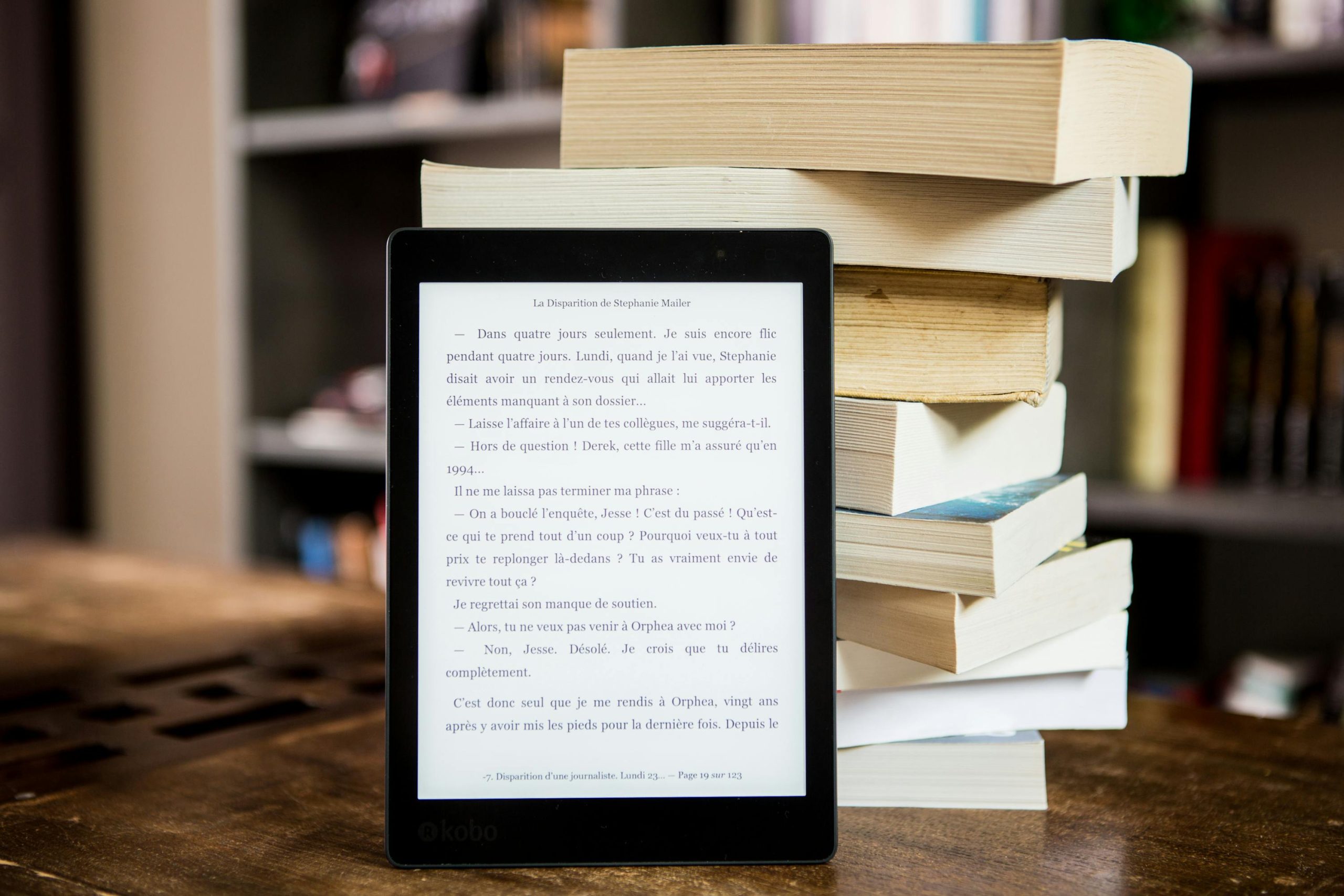Understanding the Impact of Prompting Versus Reading on Knowledge Retention
In the evolving landscape of digital learning, many individuals are exploring various methods to absorb new information effectively. A common question that arises is: does engaging with language models like ChatGPT through prompts facilitate better understanding, or does traditional reading remain superior for long-term retention?
Recent observations suggest that the method of interaction significantly influences how well we retain information. When learning new or complex topics, repeatedly prompting a large language model (LLM) such as ChatGPT can provide quick answers and facilitate immediate understanding. However, many users report that this approach may not lead to durable retention of knowledge. Instead, the information feels more ephemeral, often requiring repeated interactions to reinforce understanding.
Conversely, traditional reading—whether through blogs, articles, textbooks, or scholarly papers—tends to promote deeper engagement with the material. The act of reading encourages active cognitive processing, which is essential for consolidating knowledge into long-term memory. Many learners find that taking notes, summarizing content, or reflecting on what they’ve read enhances their ability to recall information later.
It’s worth noting that prompt-based interactions excel in scenarios demanding efficiency and productivity. For instance, when needing to generate ideas, draft content swiftly, or solve specific problems, engaging with an LLM can significantly accelerate workflows. However, this pragmatic benefit doesn’t necessarily translate into effective long-term learning.
In summary, while prompting with AI tools offers undeniable advantages in speed and convenience, traditional reading and active engagement techniques tend to support better knowledge retention. Striking a balance between these methods—utilizing AI for quick information retrieval and reading for deep understanding—may provide the most effective learning strategy.
We invite your insights: Have you experienced a similar difference between prompting and reading? Do you find one method more beneficial for your learning and retention? Share your thoughts in the comments below.

